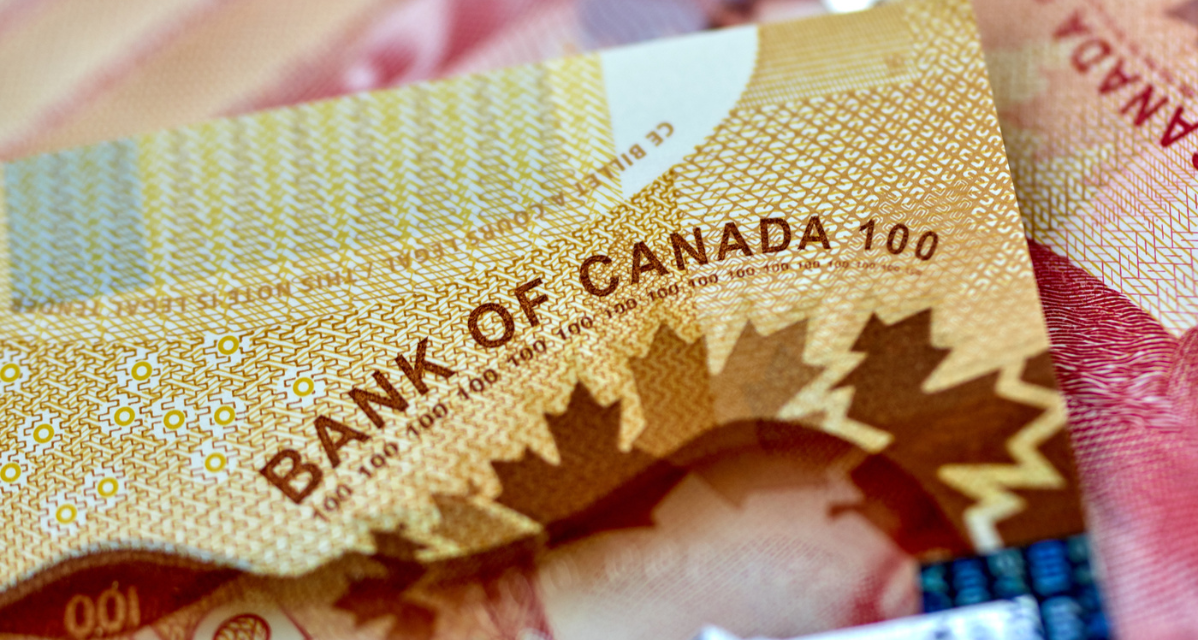Wed: BOC Interest Rate Announcement

At the close of business last Friday, global equities were higher on the week as markets digested both the debt ceiling bill and conflicting US economic data. The yield on the US 10-year Treasury note dropped, falling to 3.67%, down nearly 15 basis points on the week. The price of a barrel of West Texas Intermediate Crude dropped from $72.75 to $70.10. The Cboe Volatility Index (VIX) faded lower to 15.20.
CANADIAN ECONOMIC NEWS
Canada’s economy grew a stronger-than-expected 3.1% in Q1.
The Bank of Canada will announce its interest rate decision this coming Wednesday. We believe they will keep rates at the current level of 4.5%. Inflation is falling but not as fast as our central bank would like. This likely means keeping rates higher for longer. The most recent Canadian GDP reading came in stronger than expected, growing by 3.1% in the first quarter of the year and outpacing Statistics Canada’s 2.5% forecast. If we see a continued slowdown in the rate of inflation over the summer, we could be looking at rate cuts beginning in the last quarter of 2023.
US ECONOMIC NEWS
The Fed’s Job Opening and Labor Turnover Survey, better known by the acronym JOLTS, showed that US job openings surged to 10.1 million from 9.75 million in March. The stronger-than-forecast data ended three months of declines in openings, which the Fed had hoped was signalling an easing in tight labour conditions.
US non-farm payrolls surged by 339,000 in May compared to market expectations of 195,000. US Treasury yields moved higher as a result, reflecting the expectation that a strong job market will pressure the US Federal Reserve to maintain a restrictive policy. However, a rise in the labour force, particularly in the 25- to 64-year-old cohort, resulted in an increase in the unemployment rate. That rate rose to 3.7% from 3.5%, suggesting that new workers may have entered the workforce but have yet to land employment.
The next interest rate announcement is scheduled for Wednesday, June 14th.
A bill codifying an agreement reached last weekend between the White House and Speaker of the House Kevin McCarthy passed the US House of Representatives and the US Senate, landing it on President Biden’s desk on Friday. This morning President Biden signed the bill into law. The Fiscal Responsibility Act suspends the debt limit through 1 January 2025, kicking that particular can down the road until after the 2024 presidential election.
EUROPEAN ECONOMIC NEWS
The euro zone inflation rate fell to 6.1% in May, down from April’s 7%, due to base effects from last year’s big spike in energy prices stemming from the war in Ukraine. Core inflation fell to 5.3% from 5.6% the month before. Futures markets expect two additional 0.25% hikes from the European Central Bank in the coming months.
JAPAN, CHINA and EMERGING MARKETS ECONOMIC NEWS
The Chinese government is working on new policies to support an economy that has been underwhelmed following the lifting of COVID-related restrictions this spring. While there was an initial bump in economic activity, it failed to gather the expected momentum. High debt loads within the property sector remain a key concern for the Chinese economy, which is heavily reliant on this sector for economic growth.
China’s composite purchasing managers’ index eased to 52.9 in May from 54.4 in April, while the contraction in manufacturing deepened, with the PMI falling to 48.8 from 49.2. The services sectors lost steam as well, slowing to 54.5 from 56.4. The country’s COVID-reopening sugar high appears to be wearing off rapidly.

